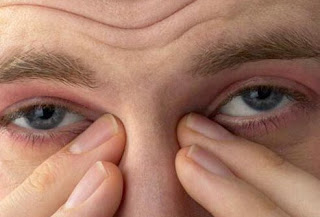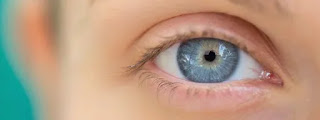What Are Cataracts?

If you’re over 60 and your vision has gotten blurry or cloudy, you may have cataracts. It’s a common condition in older adults, and it can be treated by your eye doctor. What Causes Cataracts? You develop them when protein builds up in the lens of your eye and makes it cloudy. This keeps light from passing through clearly. It can cause you to lose some of your eyesight. There are different types of cataracts. They include: Age-related. These form as you get older. Congenital. This is what doctors call it when babies are born with cataracts . They may be caused by infection, injury, or poor development in the womb. Or, they can form in childhood. Secondary. These happen as a result of other medical conditions, like diabetes. They can also result from being around toxic substances, ultraviolet light, or radiation, or from taking medicines such as corticosteroids or diuretics. Traumatic. These form after an injury to the eye Other things that can increa...


